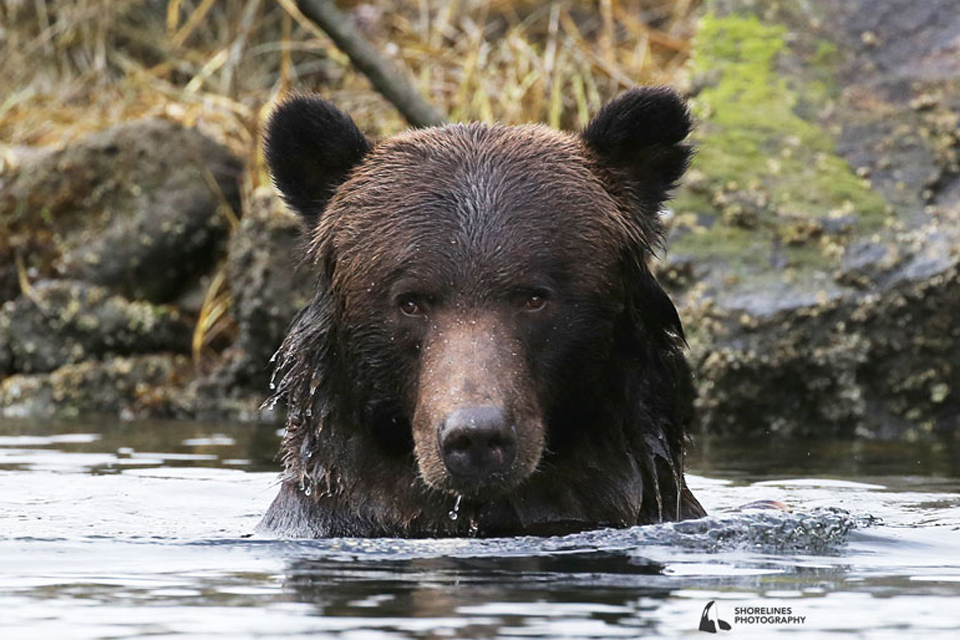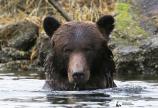Why do men trophy hunt?

Paper examines evolutionary origins of the controversial practice
Why do men hunt large, dangerous and/or rare animals for trophies? Is it because they’re “sick” or “bloodthirsty” or other labels of contempt hurled their way by their many critics?
New research, published on March 29 in an opinion piece in the peerreviewed journal Biology Letters, suggests that modern-day trophy hunting is actually status-seeking behaviour that can be traced back to our huntergatherer ancestors.
The theory is supported by evidence and inference from evolutionary anthropology, which shows a similar pattern in hunter-gatherers across the globe.
“Across studied hunter-gatherer populations, men typically target the largest and most difficult animals to acquire. They accrue status by signaling that they can afford costly behaviour,” says Chris Darimont, Hakai-Raincoast professor of geography at the University of Victoria, who co-authored the paper with two evolutionary anthropologists from the University of Utah.
“Status is universally important to men because it attracts mates and wards off competition.”
This same motivation might explain the behaviour of trophy hunters, say the authors. “Killing large, dangerous and rare trophy animals is expensive,” says Darimont. “Whether they realize it or not, they’re likely hunting for status.”
Contemporary culture supports this status-seeking behaviour, notes Darimont. Trophy hunters commonly pose for photos with their kills and the internet now provides a vast audience to show off the high costs they’ve absorbed to elevate their status.
The research is especially timely for BC where the controversial spring grizzly bear trophy hunt began April 1, even though polls show that a large majority of British Columbians are opposed to trophy hunting, says Darimont.
“Conservation groups are campaigning hard to put an end to trophy hunting,” he says. “What this theory suggests is that widespread shaming— similar to the Cecil the lion incident in 2015, which drew worldwide condemnation— might influence the future of trophy hunting. Shaming tends to erode status.”
Read the Biology Letters opinion piece “Why Men Trophy Hunt”.
Photos
In this story
Keywords: trophy hunting, chris darimont, geography, research

